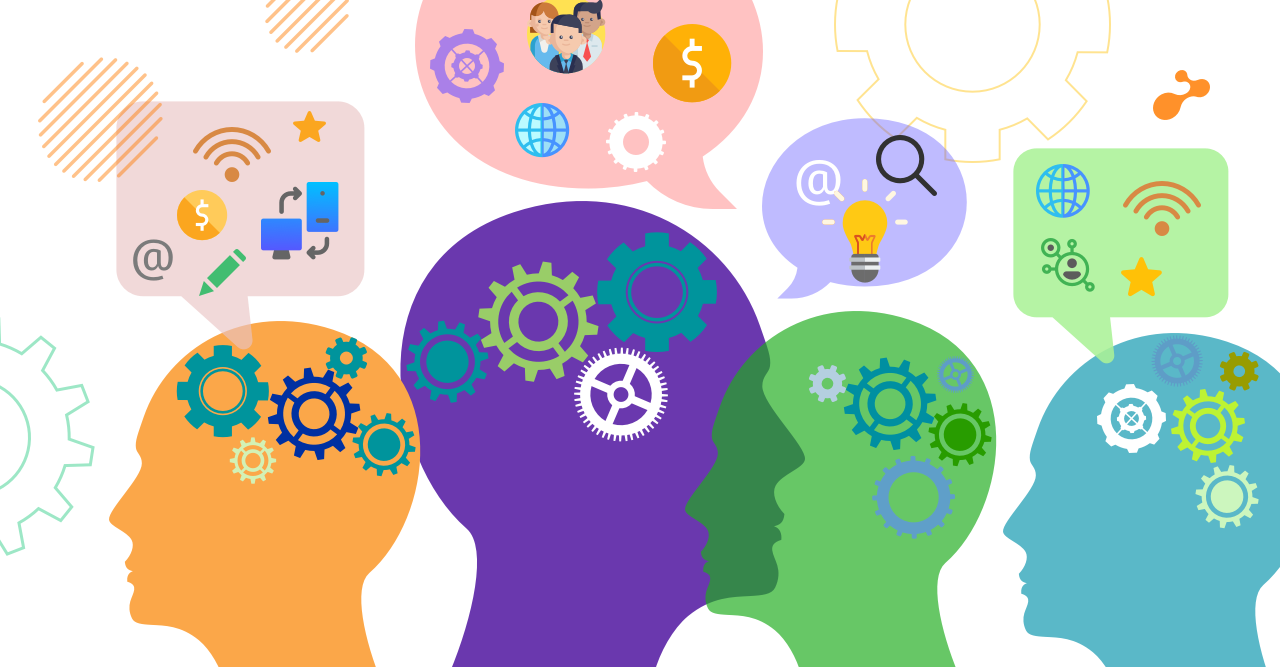I recently read about the flight operations of a leading national carrier had been affected across the globe due to a problem in the airline's main server. Considering that the IT services & solutions used by this national carrier is also used by about 90% of the world airline business, spurs a need of diverting the technology essentially AI-ML uses cases from mere customer experience to efficient, seamless back-end operations for recreating the full-service experience in the travel service development.
One would agree that except for chatbots, the technology landscape of AI-ML in the tourism industry is still dawning. Much of the impact of such emerging technologies on the tourism industry focuses on customer service and customer experience. Travelers today can find an app for every travel need such as low-fare flights, cheaper accommodation, personalized hotel stays at affordable prices and lots of travel apps that help them plan and navigate the trip that enables them to travel more. Despite all these technological advancements, people planning their trips can end up spending hours glued to the screen to find the best options. And here’s when AI &ML come into play: by analyzing large datasets, the AI-infused travel systems can generate highly personalized suggestions for the travellers precisely the way they want it.
Here’s a typical flow of how a AI-ML is used for fetching personalized travel options:
- People are turning to digital assistants to help plan their trip
- Digital assistants collect reams of data
- Machine Learning algorithms analyze and provide predictions
- Customer get more personalized experiences through the travel apps
Theoretic prognostication and research indicate that digital travel sales at present is on the verge of hitting $750 billion and would cross $800 billion by 2020 with new-age apps such as Kayak, Booking.com, and Expedia disrupting the travel industry improving travel services. However, these findings are limited to the scope of delivering a personalized experience for the travellers. Almost all the benefits of AI-ML happen behind the scenes, which could be the reason why enterprises focus more on start-ups & SMEs leveraging emerging technologies to deliver applications or solutions that integrate with on-premises servers and reimagine the service experience for the end customers.
With organizations generating and distributing more data than ever, and far more coming with the burgeoning of intelligent devices and super-fast networks, it’s a no brainer that interest in cloud computing has tripled over the past couple of years. Over time, Travel & Tourism enterprises have come to terms with the security, privacy and control issues of multi-tenant, outsourced operations by applying data encryption, virtual private networks and various layers of monitoring.
Therefore, we at e-Zest have invested much of our efforts to assist many global clients from the Travel & Tourism industry to achieve their digital transformation goals and to deliver secure digital services to their end users. Just a few areas where our Data Science & Cloud teams have been persistently delivering predictive outcomes for our customers in the travel domain:
- Envision & deliver recommendation for long term database replication solution
- Replicate on-premises database to cloud
- Automated cloud orchestrator
- Recommendation engines & dynamic pricing solution
- Travel & booking API
- Price forecasting applications
- Intelligent travel assistant
- Traveller Sentiment Analysis
- Personalized Experience Disruption
These are to be implemented & supported with emerging technologies such as AI-ML. As stated earlier, the success lies in having seamless operations that equates to good customer experience. This would require integrating backend operations to the font-end design. Few of these operations pertaining to travel include: airport operations, e-Aircraft services, in-flight communications, baggage & cargo processing, platform and data services and infrastructure management.
The key is to have a partner who can understand the impact of operational effectiveness on your business and customer experience that can be delivered through AI & ML.







.jpg)


